Having oily skin can be frustrating, with its associated problems like acne, shine, and enlarged pores. However, with the right understanding and skincare routine, you can effectively manage and improve oily skin. In this article, we will delve into the causes of oily skin, the importance of moisturization, and provide valuable tips for relief.
Understanding Oily Skin
Oily skin is characterized by an overproduction of sebum, the skin’s natural oil. Sebum is essential for maintaining healthy skin, but an excess can lead to various issues. People with oily skin often experience a shiny appearance, particularly in the T-zone (forehead, nose, and chin).
Causes of Oily Skin
Hormonal Factors
Hormonal fluctuations play a significant role in oily skin. During puberty, the sebaceous glands become more active under the influence of androgens, leading to increased sebum production. Hormonal imbalances, such as those experienced during menstrual cycles or due to certain medical conditions, can also contribute to oily skin.
Genetics
Genetics can predispose individuals to oily skin. If your parents have oily skin, there’s a higher chance that you will have it too. Genetic factors influence the size and activity of the sebaceous glands, affecting sebum production.
Environmental Factors
External factors can trigger or exacerbate oily skin. Humidity and hot weather can stimulate the sebaceous glands to produce more sebum. Additionally, using harsh skincare products or excessive washing can strip the skin of its natural oils, causing the sebaceous glands to compensate by producing even more sebum.
Effects of Oily Skin
Oily skin is not just about a shiny complexion. It can lead to several skin-related issues that affect both your appearance and self-confidence.
Acne and Breakouts
Excessive sebum production can clog the pores, leading to the formation of blackheads, whiteheads, and acne. The excess oil creates an ideal environment for bacteria to thrive, resulting in inflammation and breakouts.
Shine and Greasiness
The excess oil on the skin’s surface gives it a shiny and greasy appearance. This can make you feel self-conscious and require frequent blotting or powdering to reduce the shine.
Enlarged Pores
Oily skin is often associated with enlarged pores. When sebum and dead skin cells accumulate in the pores, they can stretch and make them more visible. Enlarged pores can contribute to an uneven skin texture.
Moisturization for Oily Skin
Contrary to popular belief, moisturizing is essential even for oily skin. Proper moisturization helps maintain the skin’s balance and prevent it from overproducing sebum.
Importance of Moisturizing
Moisturizing helps keep the skin hydrated and strengthens its natural barrier function. When the skin is dehydrated, it may try to compensate by producing more oil, exacerbating oily skin issues.
Choosing the Right Moisturizer
Opt for lightweight, oil-free, and non-comedogenic moisturizers specifically formulated for oily skin. These products provide the necessary hydration without clogging the pores or adding extra shine.
Non-comedogenic Products
Non-comedogenic products are specially designed not to block the pores. Using non-comedogenic moisturizers, cleansers, and makeup can help prevent breakouts and reduce the greasiness associated with oily skin.
Tips for Relieving Oily Skin
Managing oily skin requires a comprehensive approach involving skincare routines and lifestyle changes. Here are some tips to help relieve oily skin:
Cleansing Properly
Use a gentle cleanser twice a day to remove excess oil, dirt, and impurities. Avoid harsh cleansers that strip the skin of its natural oils as they can trigger more oil production.
Exfoliating Regularly
Exfoliation helps remove dead skin cells and unclog the pores, preventing the buildup of sebum and debris. Opt for chemical exfoliants containing salicylic acid or glycolic acid, which are effective for oily skin.
Balancing the Skin’s pH
Maintaining a balanced pH is crucial for healthy skin. Look for toners or facial mists with ingredients like witch hazel or tea tree oil that can help regulate the skin’s pH levels.
Using Oil-absorbing Products
Oil-absorbing products, such as clay masks or oil-control primers, can help reduce shine and control excess sebum. These products work by absorbing the oil on the skin’s surface, giving it a matte appearance.
Dietary Considerations
Although diet alone may not directly cause or cure oily skin, consuming a balanced diet rich in fruits, vegetables, and omega-3 fatty acids can contribute to overall skin health. Avoiding excessive consumption of processed and greasy foods may also help.
Avoiding Harsh Skincare Routines
While it may be tempting to use aggressive skincare products or overwash your face to combat oily skin, this can actually backfire. Harsh products and excessive washing can strip the skin, leading to increased oil production and skin irritation.
Makeup and Oily Skin
Makeup can play a role in managing oily skin, provided you choose the right products and follow some essential steps.
Primer and Foundation Choices
Use oil-free and mattifying primers to create a smooth canvas for makeup application. Look for foundations labeled “matte” or “oil-free” to help control shine throughout the day.
Setting Powders and Sprays
After applying foundation, set it with a translucent powder to absorb excess oil and increase its longevity. Finish with a setting spray to lock everything in place and reduce shine.
Blotting Papers
Carry blotting papers with you to quickly remove excess oil and shine throughout the day without disrupting your makeup. Gently press the blotting paper on oily areas to absorb the oil.

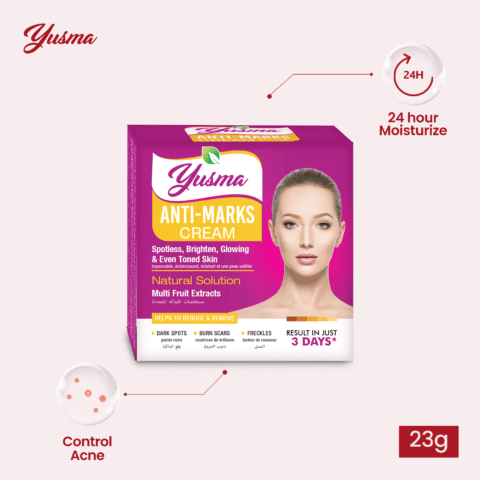
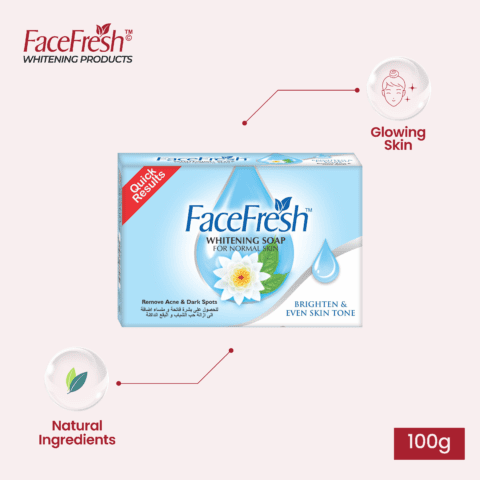
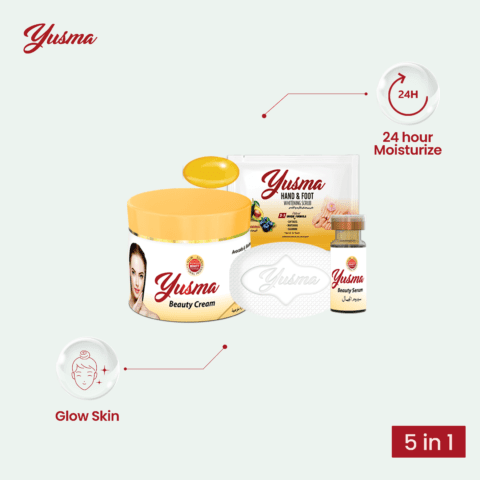

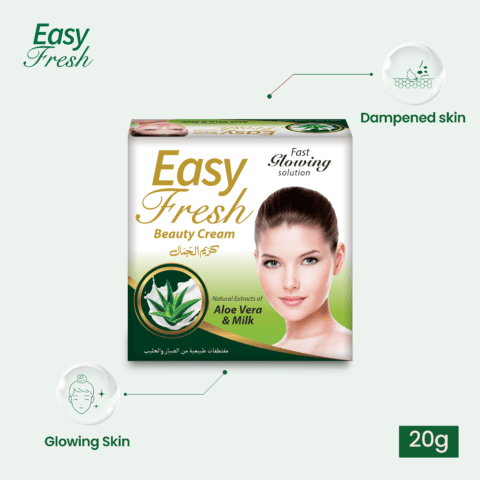
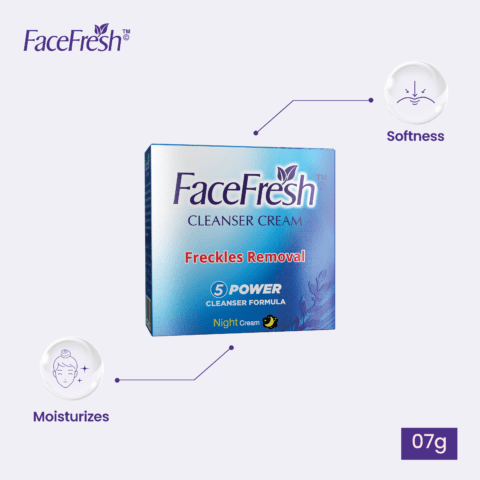
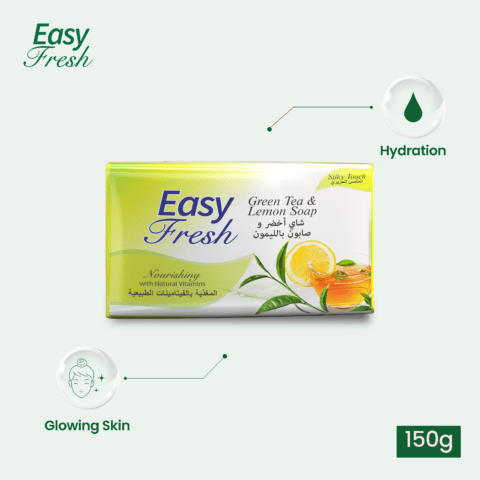
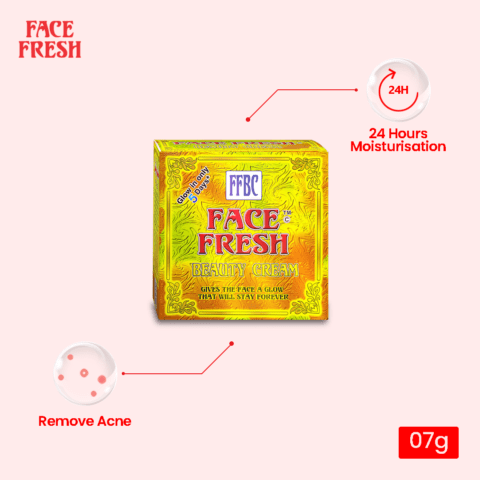
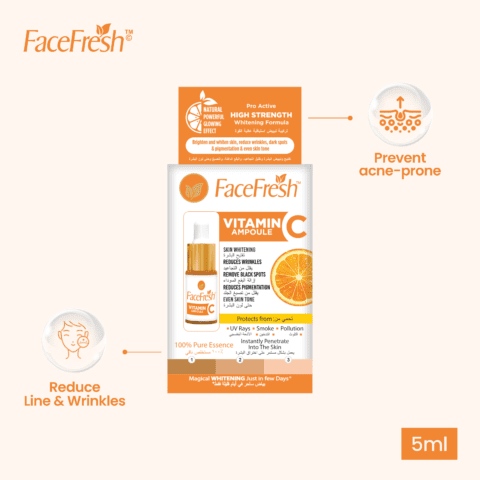
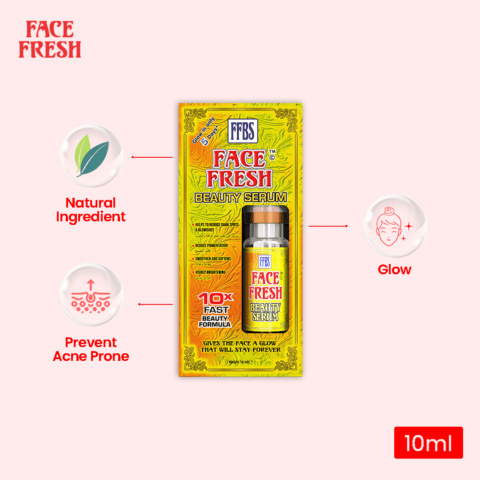
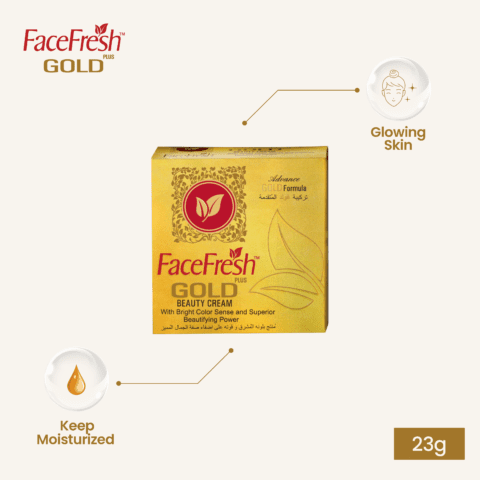

Leave a comment
Your email address will not be published. Required fields are marked *